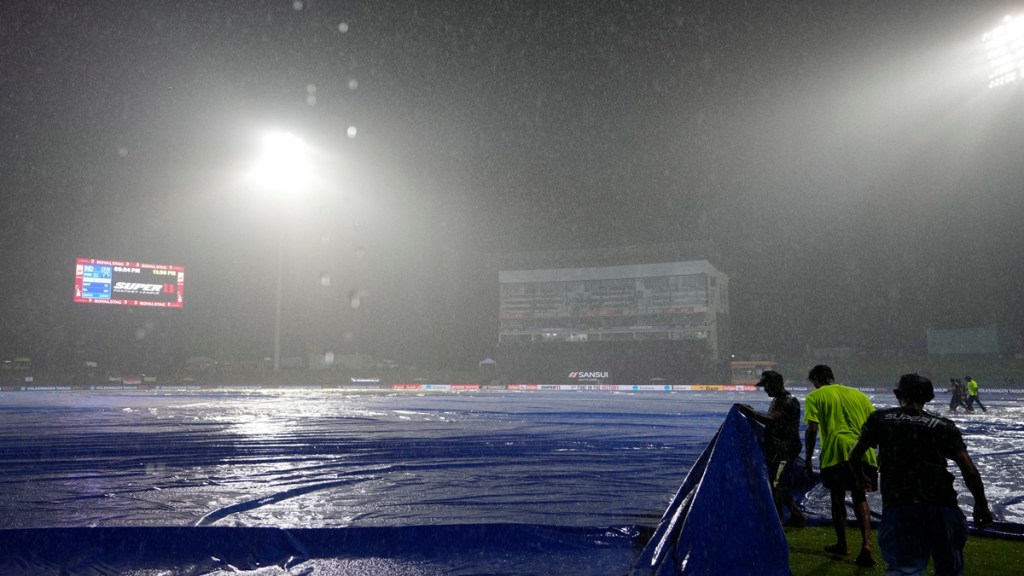In a major development, the Asian Cricket Council (ACC) has decided to keep the Super 4 and final matches and final of the Asia Cup in Colombo itself and not move these matches out of Sri Lankan capital.
Earlier, the council was working on a plan to shift these matches to Hambantota as Colombo was facing havy rains and few of Asia Cup matches, which included India’s two games, were affected by it. As per PTI, the council took the decision as weather in the capital city has shown improvement.
No change of venue
There were a lot of speculations going round in the last couple of days that these matches will be shifted to Hambantota due to Bad weather in Colombo. The ACC came to its decision not to shift venue after a lot of discussions with Sri Lanka Cricket (SLC),hosts Pakistan Cricket Board (PCB), which is hosting the tournament, an also Asia Cup broadcasters
During their interactions, broadcasters too had explained their tough position relocating their staff and equipment at such short notice. It may be noted here that Hambantota is also facing drought since the last few weeks.
The first match of the super over will be held on September 10, between India Pakistan. The previous match of the both sides was forced to stop due to rains the other day. The ACC was also toying with the idea of shifting the matches to Pallekele and Dambulla. However, these plans were also abandoned later. Even as Pallekele has been also facing heavy rains, the stadium in Dambulla is under maintenance.
ACC issues statement
Earlier on Monday, PCB criticised ACC for hosting the match in Sri Lanka. However, ACC, has hit back saying it was not possible to host the the tournament in UAE.
“The Asia Cup 2022 edition was played in the UAE in the T20 format. It’s important to emphasize that the dynamics of a T20 tournament cannot be directly compared to those of a 100-over One-day format,” the ACC said in a statement.
It further added, “In this context, ACC members received feedback from their respective high-performance teams, expressing concerns about playing One-day matches in the UAE in the month of September. Such a schedule could have potentially led to player fatigue and an increased risk of injuries, particularly right before the all-important ICC Cricket World Cup.”

